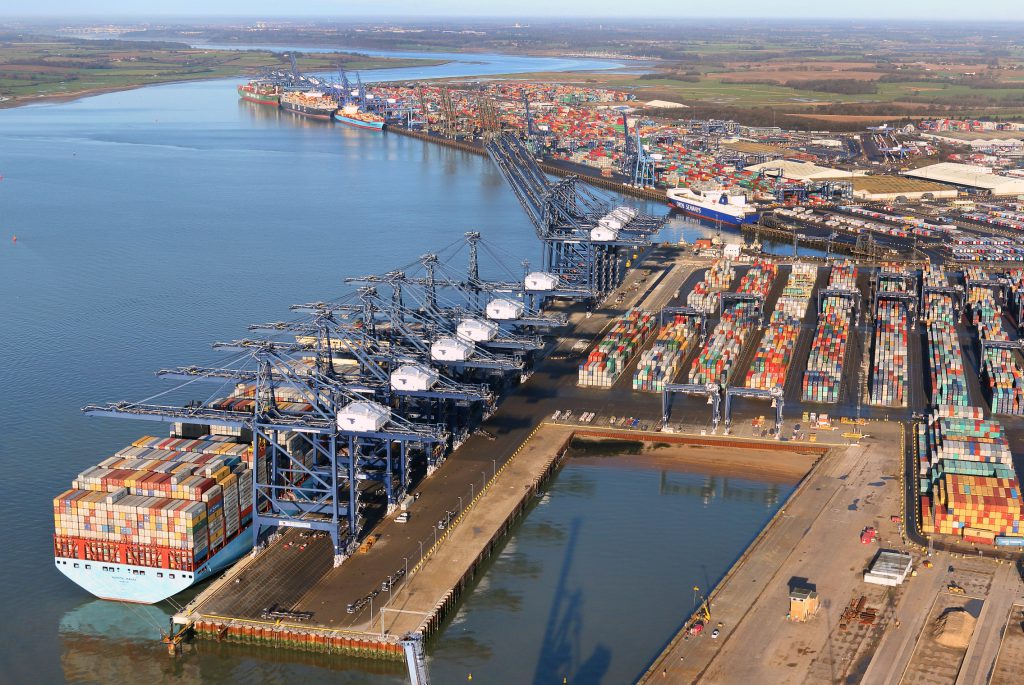British Ports Association Calls For Ro-Ro Clarity Post-Brexit
29th March 2017

The British Ports Assocation, which represents 100 members of the British ports community, has urged governments to adopt a sensible customs strategy, on the day that the UK Government officially informs the EU of its intention to leave.
Chief Executive, Richard Ballantyne, said: “As the UK moves towards beginning negotiations on the terms of Brexit, it is vital that trade facilitation is given the highest priority. Ports provide vital economic gateways and from the point of view of trade and freight flows, probably the lead concern from the ports sector is facilitation, with potential major challenges dealing with HGVs on Ro-Ro and ferry routes.”
Currently freight on Ro-Ro routes, (which exclusively serves EU routes) is not subject to the customs declaration requirements. The short, efficient and ‘turn up and go’ nature of the haulage industry means that unlike other parts of the maritime sector (such as bulk and deep sea), ferry operators and freight hauliers do not have easily available load details. Ports are by their nature are bottlenecks so any customs requirements or checks at the border could easily lead to costly delays for freight operators.
Specifically on Roll-on Roll-off/ferry port operations Mr Ballantyne continued: “Through extensive stakeholder consultation undertaken since the Referendum, the UK Government fully understands the challenges and potential costs which could be created if frontier controls are reintroduced at the UK’s Ro-Ro ferry ports. The Government has it in its power to design a customs strategy which does not make declarations a condition or entry at port gates or require high numbers of checks on European routes.”
The UK Government will of course need to negotiate a deal which satisfies all European member states but the UK’s closest geographical neighbours in Belgium, France, Ireland, the Netherlands and Spain will have a vested interest in ensuring that potential border requirements and that checks at ports do not cause to congestion and transport delays.

